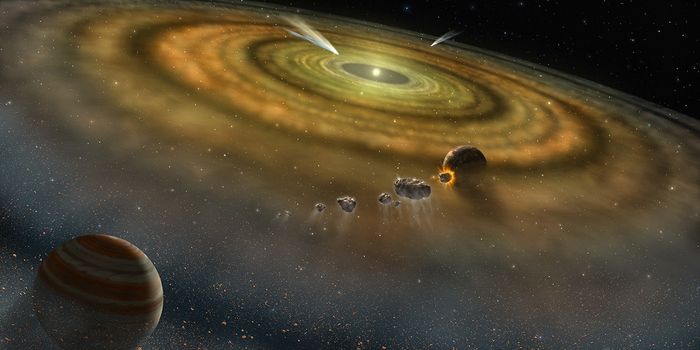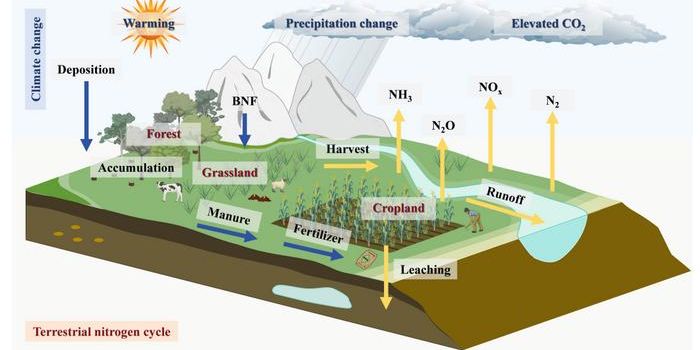Is pollution actually helping the ocean trap carbon?
A new study has been published in Science Advances by a team of scientists from the University of Birmingham (UK) and Shandong University (China). Funded by the Natural Science Foundation of China and the UK's Natural Environmental Research Council, the findings reveal evidence for the theory of acid iron dissolution.
Dr Zongbo Shi, of of the authors of the study, explains the findings: "Air pollution dissolves iron in aerosols, which may help to fertilize the oceans. We know that air pollution seriously damages human health and terrestrial ecosystems but this 'new' source of soluble iron can potentially increase the amount of carbon dioxide stored in the oceans and, thus, inadvertently offset global warming."
What the researchers found exactly in the East China Sea were iron-rich fly ash and mineral dust particles with thick sulphate coatings containing soluble iron. These particles most likely came in the form of pollution from steel manufacturing and coal burning. And as backwards as it may sound, this type of pollution and the soluble iron that it produces may actually be helping to offset climate change because it allows oceans to store more carbon.
"Human activities may have led to an increase of atmospherically soluble iron in the oceans by several times since the Industrial Revolution, which could have a major impact on how effective our oceans are regulating our climate," added Dr Shi.
Now that’s not a suggestion from the scientists to go out and pollute more through burning coal and manufacturing steel. Although trapping carbon in the ocean keeps it out of the atmosphere (a plus for stalling climate change), it means that oceans are absorbing more and more carbon, which affects coral reefs via acidification and all of the marine life that live in those ecosystems. Nevertheless, the team says that further investigations should be done in order to fully understand what the consequences of this soluble iron are.
"Controlling air pollution will bring huge benefits to human welfare but it may reduce the amount of nutrients to the surface ocean and, thus, the ocean carbon uptake rate. More work needs to be done to quantify the impact of anthropogenic soluble iron on ocean ecosystems and climate," said Dr. Shi.
Sources: ScienceDaily, R&D Mag, University of Birmingham









